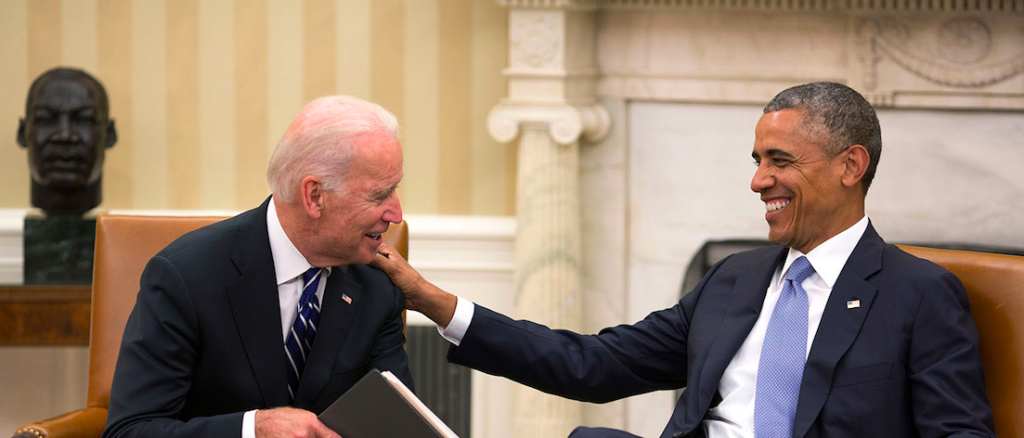Beyond the expectation
5 min reading timeI don't know about you, but I always get a little stroppy when someone tries to "manage" me. Despite my already quite advanced age, my mother can still occasionally come over with life-management advice, bless her heart ....
From how to hang my laundry, to how to behave in company. Some tips make me genuinely happy and others make me think, "Mom, you're a sweetheart, but we're on a totally different wavelength at the moment.” But, to be honest: I sometimes go into a micromanagement fit myself when I see my partner packing the dishwasher in a way that is, of course, completely illogical. He then responds to me the way I respond to my mother in these situations: 'Thanks for the suggestion, but I'll just have to do this my own way.'
He's right. Being managed is not a necessity of life. Maybe that's why the word "stakeholder management" or, more precisely, "expectation management" always gives me the creeps. Maintaining good relations with the world around us suddenly sounds a bit manipulative to my ears. As if feelings or expectations need to be appeased and people need to be played smartly. In order to make a difference together with your stakeholders, you desperately need each other. And indeed, mutual understanding and razor-sharp goals are very useful...
What exactly is an expectation?
Those expectations that you have, and that your audience also has, are essentially personal predictions of the future. Predictions about what the future should look like. Stakeholder management conversations are often about what the mutual expectations are, and especially: why they are not correct and why they need to be adjusted. These are often not the nicest conversations, because in essence you reject the other person's prediction of the future and say: that's nice that you expect that, but it's not going to happen. That can leave a person with a very negative feeling. Does that mean it can be done differently?
Learn from love.
Let's study and learn from the most intimate relationship we will ever have in our lives: the love relationship. Anyone who is in a new relationship - or who can still remember the start of his or her current relationship -knows that our hearts literally beat with anticipation. During the in-love phase of a relationship, we collect evidence about our beloved. About who he or she is, what they deem as important, where he/she wants to go in the future, those type of things. And it is precisely in this phase, one the most vulnerable phases in our lives, that we start looking for certainty and start projecting traits, goals and visions of the future onto the other person in the form of expectation. Heartbreak in any shape or form arises when reality and expectation no longer match. Ouch...
I learned something really beautiful about this the other day: I found out by having a conversation with my partner about how I came to my set of expectations and what feelings lingered behind them. We came out of discussion mode in no time and engaged in an open and honest conversation. We no longer talked about what we expected from each other and whether that was justified, but we talked about the feeling of stress and pressure the expectation brought with it and the worry of not being able to meet it. And about the desire behind it. Arguing about whether or not the expectation was right, got us nowhere in the first place. Really listening to how the other person had arrived at that expectation, took us further than we could have imagined.
Be curious about the feeling behind the expectation.
What you are looking for in a conversation with your stakeholder, strongly influences how you listen to your audience. Conversations about expectations only become really interesting when you listen to how someone arrived at that set of expectations. Look for the layer behind it and ask not only what the expectations are, but especially how they came about and what concerns and dreams underpin them. Take a step back in order to take two steps forward.
This way, you can really level with your stakeholder and both leave with a positive feeling from your conversation about something as precarious as "expectations": because you have really understood each other and you both now see the same future ahead of you.

